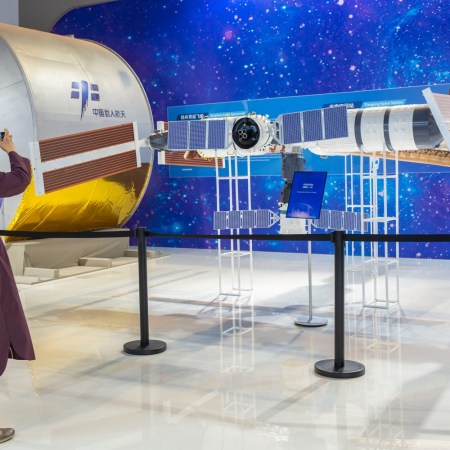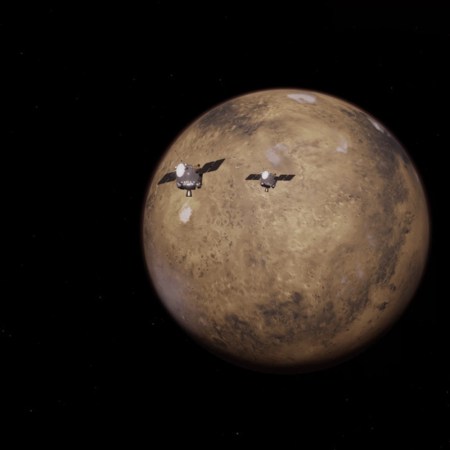You’d think that a trip to Mars would be pretty unforgettable.
You’d be wrong: there’s a good chance it will be very forgettable.
That’s because you may develop something NASA scientists call “space brain,” a condition resembling dementia for its loss of memory and cognition. You can thank galactic cosmic radiation, aka heavy particles found in the solar system that have extremely damaging effects on living tissue that are able to move through the walls of a spaceship or space station.
Scientists have long known about radiation’s effects — astronauts working on the International Space Station are classified as radiation workers — and this same effect can be seen in cancer patients exposed to intense chemotherapy. The new findings, just published in Nature, come on the heels of the White House’s announcement that the U.S. government will work with private businesses like Elon Musk’s SpaceX to get to Mars by 2030.
The International Space Station isn’t as far out as Mars, where these galactic cosmic radiation waves are stronger. So the scientists from University of California Irvine replicated this as best they could on Wistar rats — selected because their cognitive abilities are as close as any other primates to ours. After six months of exposure to Red Planet-like conditions followed by six months of monitoring, the rats showed memory loss, an inability to complete tasks and a variety of cellular debilitations.
They also experienced anxiety, as determined by their loss of the “fear extinction,” which is the part of your brain that lets you learn from mistakes and overcome fears after a fall.
Scientists are looking at ways to combat this with new protective materials that would be added to the exterior of spaceships and space stations, but those technologies will likely be very costly.
This article appeared in an InsideHook newsletter. Sign up for free to get more on travel, wellness, style, drinking, and culture.























